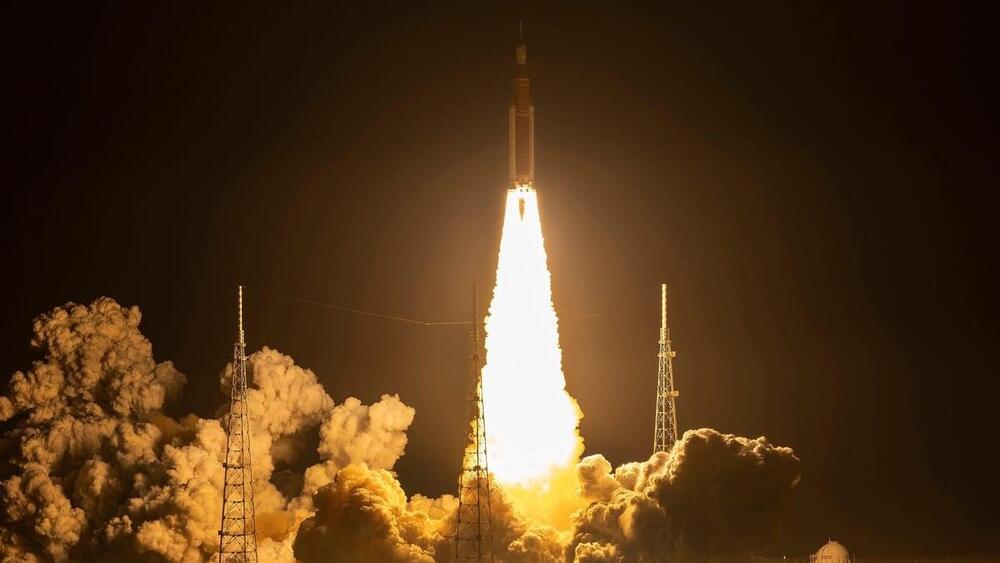Both the European Space Agency and NASA are planning to test even more sensitive sensors on future moon missions to try and hone in on satellite signals. If they can truly connect with sats back home, we could get closer to achieving autonomous moon travel. But eventually that won’t be enough. To help direct humans on the lunar surface, we’re going to need a fleet of satellites specifically around the moon. NASA calls its project LunaNet, and it’s part of the Gateway space station, which is the culmination of America’s plan to return to the moon. It needs to be designed to play well with ESA technology and, eventually, will be the source of high-speed internet on the moon.
Artemis I launched back in November, rounded the moon just 81 miles above the lunar surface and touched down Earth-side in December. Artemis II, which will carry astronauts around the moon in a similar trajectory, is slated to launch in late 2024, according to Space.com. Artemis III, which will be humanity’s first boots on the moon since 1972, could launch as early as 2025.
